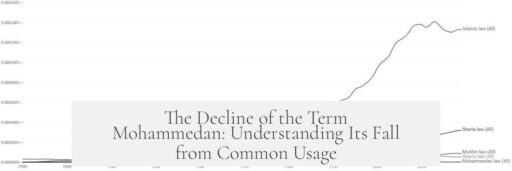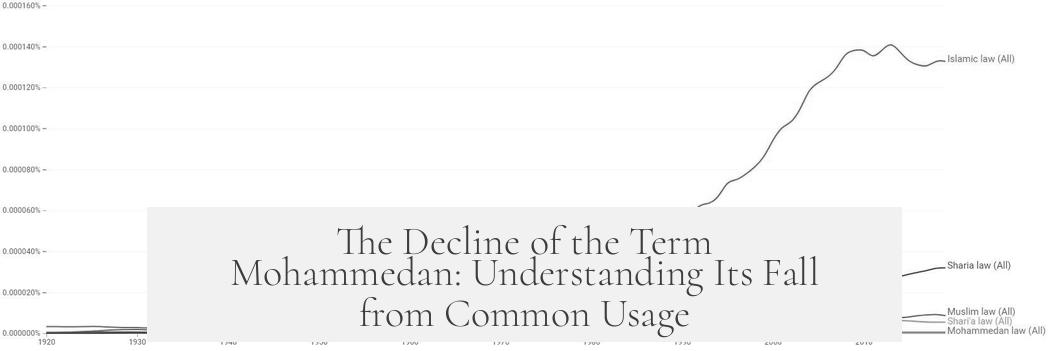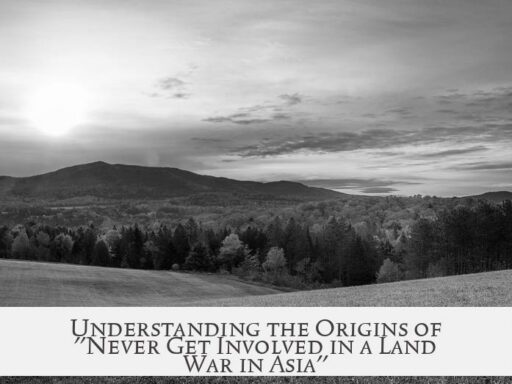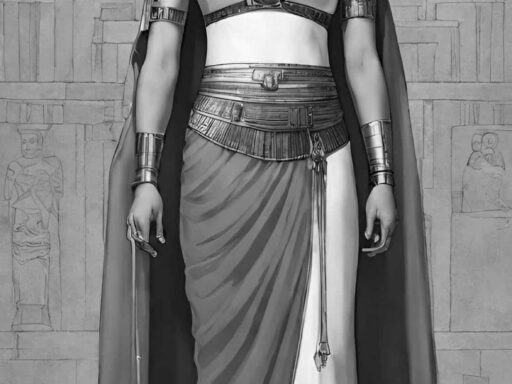The term “Mohammedan” was once widely used in English and other European languages to denote a follower of Muhammad, the prophet of Islam, but it has fallen out of use primarily due to its theological inaccuracy and the objections of modern Muslims.
The word “Mohammedan” (along with its variants Muhammadan, Mahommedan, Mahomedan, and Mahometan) dates back to at least the early 16th century, with the Oxford English Dictionary citing the first use in 1663. It derived from the Latin “Mahometanus,” which itself came from Medieval Latin “Mahometus,” the Latin form of Muhammad. Historically, it served as a descriptor for those who followed the teachings of Muhammad and was common in European literature and discourse about Islam well into the 20th century.
Despite its initial descriptive use, the term became problematic over time. It implies that followers worship Muhammad himself, similar to how Christians worship Christ. This implication contradicts the core Islamic doctrine of Tawhid, which emphasizes the absolute oneness of God (Allah) and prohibits associating any partners or intermediaries in worship. Modern Muslims insist that Islam teaches the worship of God alone, not Muhammad or any other prophet.
This theological misunderstanding has driven considerable Muslim objection to the term “Mohammedan.” Muslims find the word misleading and potentially offensive because it misrepresents the religion’s fundamental belief structure. Sir Hamilton Gibb, a noted scholar of Islam, remarked in 1969 that Muslims dislike the terms “Mohammedan” and “Mohammedanism” for precisely this reason: they imply worship of Muhammad, which Islam explicitly rejects.
Moreover, within the Arabic language, the equivalent term al-Muḥammadīya has historically been used to denote sects regarded as heretical by mainstream Islam, further coloring “Mohammedan” with negative or mistaken connotations.
This theological inaccuracy contributed to the gradual decline of “Mohammedan” in English and other European languages. By the mid-20th century, the term was increasingly replaced by “Muslim,” a transliteration that more accurately reflects the self-identification of followers of Islam. The word “Islamic” also rose in prevalence for describing related cultural, religious, and social aspects. “Muslim” is now the standard term worldwide and is considered the most respectful and accurate.
In practical terms, “Mohammedan” ceased to be common in English usage by the 1960s and is generally viewed as archaic or offensive today. It survives primarily in certain institutional names and historical contexts:
- The Government Muhammadan Anglo Oriental College in Lahore, Pakistan, retains its original name.
- The Muhammadan Anglo-Oriental College in Aligarh, India, was renamed Aligarh Muslim University in 1920 to reflect modern terminological preferences.
- The Mohammedan Literary Society in Calcutta, India, became the Muslim Institute of Calcutta in 1930.
- Several sports clubs in South Asia still bear the name “Mohammedan Sporting Club,” such as those in Dhaka, Chittagong, Jhenaidah (Bangladesh), and Kolkata (India).
The decline in usage also reflects broader historical and cultural dynamics. Medieval European writings often portrayed Muslims inaccurately and sometimes as pagans or idolaters. Terms like “Mohammedan” emerged in contexts of misunderstanding and religious conflict. Over centuries, better knowledge and increased sensitivity about Islamic beliefs prompted a shift towards more accurate terms.
The shift was further encouraged by Muslim communities themselves, who promoted the use of “Muslim” to stress correct theological understanding and to correct Western misconceptions. The change also parallels a wider move away from colonial-era or Eurocentric language that often misrepresented non-European religions and peoples.
| Aspect | Mohammedan | Muslim/Islamic |
|---|---|---|
| Meaning | Follower of Muhammad (implies worship of Muhammad) | Follower of Islam (worships Allah alone) |
| Theological Accuracy | Inaccurate/misleading | Accurate |
| Historical Usage | Common until mid 20th century | Dominant since mid 20th century |
| Modern Connotation | Archaic, potentially offensive | Current, respectful |
The ongoing rejection of the term underscores how important language is for religious identity and intercultural respect. It highlights how terms once considered acceptable can become outdated, misleading, or offensive as understanding deepens and communities assert their perspectives.
- “Mohammedan” originally described followers of Muhammad but is now archaic.
- It implies worship of Muhammad, which Muslims reject as inaccurate.
- The term fell out of use mid-20th century and was replaced by “Muslim” and “Islamic.”
- Some institutional names still retain “Mohammedan,” but it is not common elsewhere.
- The shift reflects improved accuracy and respect for Islamic theology and identity.



